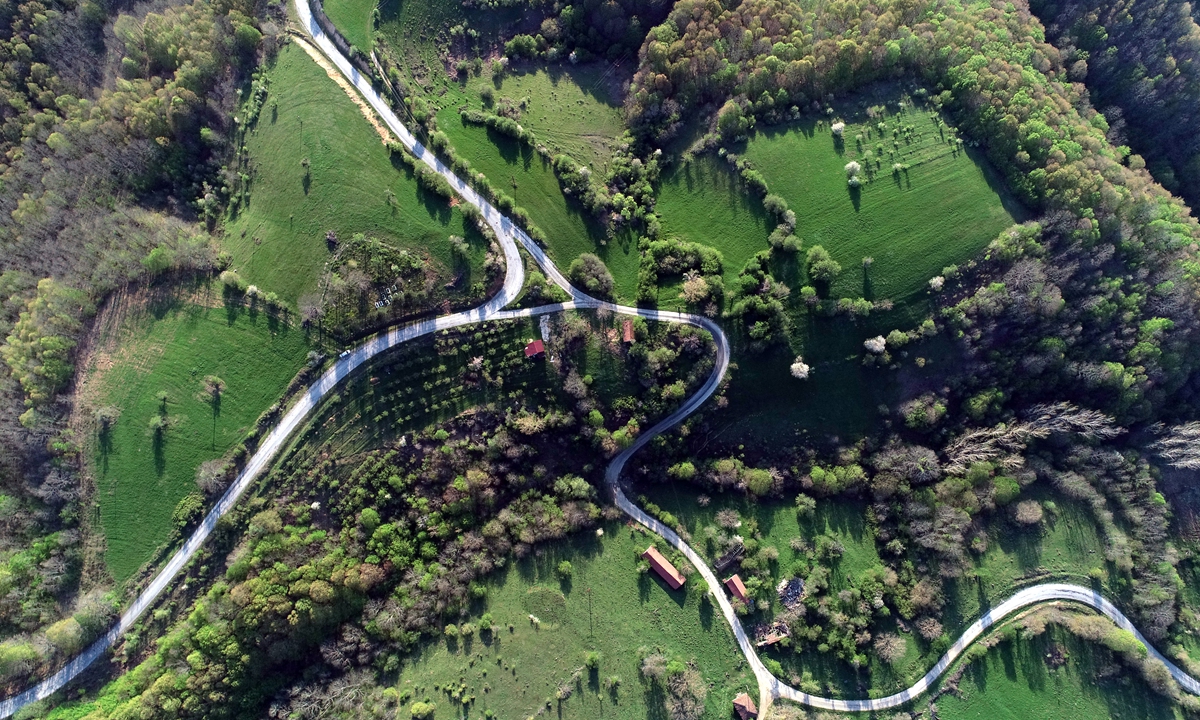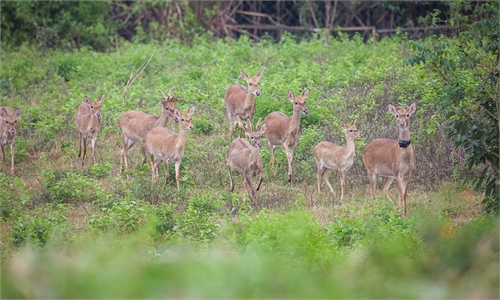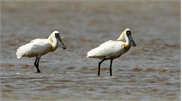Protecting nature can lower risk of armed conflict, says conservation body
Protecting nature can rein in risk of armed conflict
Protecting and restoring nature can reduce the risk of armed conflict around the world, the International Union for Conservation of Nature (IUCN) said on Wednesday.

It comes as a coalition of countries pushes to conserve global biodiversity by protecting at least 30 percent of land and oceans by 2030, ahead of a key United Nations conference in Kunming, China, set to take place in October.
"This report provides added evidence on the multiple benefits that societies gain from conserving nature," said Juha Siikamäki, IUCN's chief economist.
"Not only would we be improving the condition of nature and natural resources, we would also improve the livelihoods and wellbeing of people dependent on those resources," he told Reuters.
The report found that conflicts are less frequent within the boundaries of protected natural areas, which account for an estimated 15 percent of land but overlap with only 3 percent of the more than 85,000 conflicts analyzed from the past three decades.
Protecting and managing those areas, such as natural parks and wildernesses, is seen as a key tool for countries to safeguard ecosystems and reduce climate-heating emissions.

A drone photo shows aerial view of Igneada's Floodplain Forests National Park in Demirkoy district of Kirklareli province in northern west Turkey on April 28, 2020. Photo: VCG
Over the last 30 years, countries have been more prone to conflict when natural resources like agricultural land and water become scarce or degraded, such as in areas where droughts are frequent, said a report released by the organization, which brings together governments, green groups and scientists.It comes as a coalition of countries pushes to conserve global biodiversity by protecting at least 30 percent of land and oceans by 2030, ahead of a key United Nations conference in Kunming, China, set to take place in October.
"This report provides added evidence on the multiple benefits that societies gain from conserving nature," said Juha Siikamäki, IUCN's chief economist.
"Not only would we be improving the condition of nature and natural resources, we would also improve the livelihoods and wellbeing of people dependent on those resources," he told Reuters.
The report found that conflicts are less frequent within the boundaries of protected natural areas, which account for an estimated 15 percent of land but overlap with only 3 percent of the more than 85,000 conflicts analyzed from the past three decades.
Protecting and managing those areas, such as natural parks and wildernesses, is seen as a key tool for countries to safeguard ecosystems and reduce climate-heating emissions.




